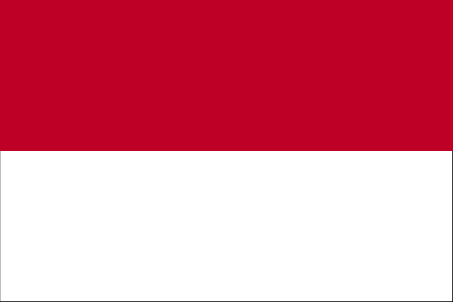Japan United States Taiwan China Singapore Germany United Kingdom South Korea Belgium France Canada Netherlands Australia Malaysia Thailand Hong Kong Saudi Arabia Morocco Mexico Russia Indonesia Brazil Spain Sweden Italy Vietnam Israel United Arab Emirates India Philippines Switzerland Czech Republic Finland Guatemala Sri Lanka Kyrgyzstan Brunei Darussalam Bolivia Turkey Georgia Norway Ethiopia Armenia Egypt Laos Azerbaijan Romania Denmark Austria Myanmar Poland Croatia Algeria New Zealand Pakistan Qatar Namibia Sudan Hungary Serbia Kazakhstan Bulgaria Argentina Chile Uzbekistan South Africa Mongolia Latvia Ireland Peru Luxembourg Lithuania Ukraine Cambodia Jordan Slovakia Estonia Albania Iran Kenya Honduras Slovenia El Salvador Portugal Cuba Fiji Panama Bangladesh Ecuador Colombia Montenegro New Caledonia Greece Costa Rica Uganda Paraguay Tanzania Nepal Malawi Tunisia Bosnia and Herzegovina Syria Iceland North Macedonia Djibouti Tajikistan Macao Jamaica Lebanon Turkmenistan Bahrain South Sudan Belarus Venezuela Rwanda Botswana Guam Zambia Zimbabwe Dominican Republic Kuwait Nicaragua Cote D'Ivoire Belize Nigeria Iraq Seychelles Ghana Uruguay Oman Puerto Rico Palestinian Territory Cameroon Libya Mozambique Monaco Burkina Faso Palau Malta Bahamas Bhutan Senegal British Virgin Islands Suriname Yemen Kosovo Cyprus Northern Mariana Islands Maldives Angola Madagascar French Polynesia Republic of the Congo Mauritius Gabon Vanuatu Jersey Trinidad and Tobago Moldova Democratic Republic of the Congo Benin Guyana Mauritania Gambia Solomon Islands Cayman Islands Timor-Leste Samoa Mali Tonga Monaco Flag Meaning & Details 3 VISITORS FROM HERE! Monaco Flag Flag Information two equal horizontal bands of red (top) and white the colors are those of the ruling House of Grimaldi and have been in use since 1339, making the flag one of the world's oldest national banners note: similar to the flag of Indonesia which is longer and the flag of Poland which is white (top) and red
Learn more about Monaco » CIA - The World Factbook
 Previous Country | Next Country
Previous Country | Next Country  » Back to Flag Counter Overview
» Back to Flag Counter Overview
 Previous Country | Next Country
Previous Country | Next Country  » Back to Flag Counter Overview
» Back to Flag Counter Overview